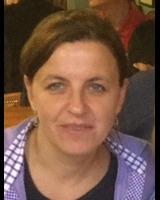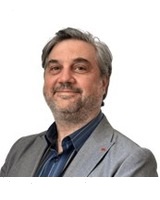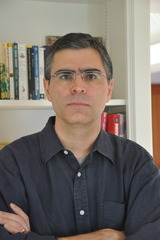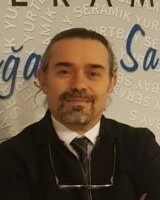Ciprian Alecsandru is an Associate Professor in the Department of Building, Civil, and Environmental Engineering at Concordia University, Montreal, Canada. He earned his M.S. and Ph.D. degrees in Civil Engineering from Louisiana State University in 2003 and 2006, respectively. Prior to this, he served as an Assistant Lecturer in the Transportation Faculty at the Polytechnic University of Bucharest from 1997 to 2001, where he also obtained his B.Eng. and M.Eng. degrees. Since joining Concordia University in 2006, Dr. Alecsandru has focused his research on traffic operations and safety, emphasizing computational intelligence and traffic simulation models. His research interests include traffic simulation, intelligent transportation systems, and sustainable transportation development. He managed research grants from provincial and federal governments as well as from industrial partners. The research conducted in collaboration with his graduate students spans a variety of topics from improving operations and safety of public transport networks to evaluating the impact of transitioning vehicular infrastructure towards connected and autonomous systems.
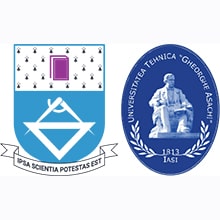
Close




